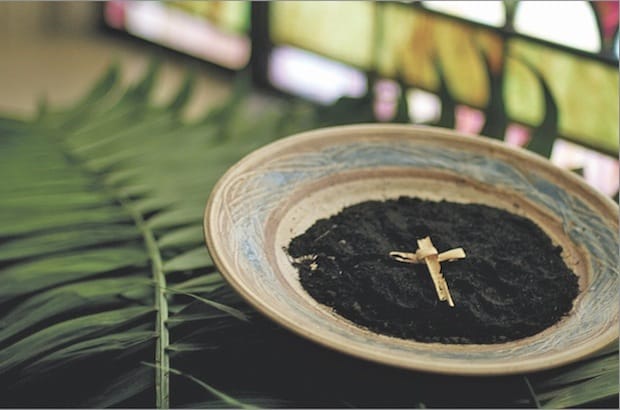Ashes: Ageism
“The glory of the young is their strength; the gray hair of experience is the splendor of the old.” – Proverbs 20:29
The day began with a flurry of text messages – greetings of happy birthday, candles, balloons and birthday cakes. At first this took me by surprise, then I was just testy. I ignored most of the good wishes but wrote back to one friend, “thanks but it’s not my birthday.” I scoffed at his reply, “you’re kind of secretive about your birthday, why is that?” He was right; I am non-communicative about my birthday. On all my social media accounts my birth date is marked private. I’m not so fond of the office birthday cake and have pretty much worked hard to keep it from being noticed. What was up with that? Maybe I just didn’t want a reminder that I’m getting older. Funny thing – it seems like yesterday when I was so upset that I was too young to do something. Where had the “just right” years gone? Not too young, not too old.
This Lent we are reflecting on the challenges we face in both society and the church. On Ash Wednesday we often begin with the practice of marking our foreheads with ashes to be reminded of our humanity and mortality. “Remember you are dust and to dust you shall return.” For me, one way to consider my broken humanity is to consider my precarious outlook concerning age.
Ageism is defined as the practice of patronizing, stereotyping or discriminating against individuals or groups based on their age, both the elderly or younger people. Too often in churches we segregate people according to age that leads to a lack of appreciation or understanding of each other.
Gathering with your peers does have great value, however, in many of our churches this is the exclusive way we gather. As a result we have a large generational divide. There are activities for children, others for youth, then there are adult ministries further segregated by splitting out the young adults and the seniors.
What would it look like if our churches were generationally interdependent, where the gains of one generation are not necessarily at the expense of another? Here are some ways we can start:
- Small Group Ministry is an ideal setting to build intergenerational relationships where you get to know and understand one another better. Gathering together a few people from different generations around a common interest is a good way to start. A chess group, a book club, movie night, crafts or gardening are possibilities. However, intergenerational Bible studies can help build understanding across the generation divide.
- Start small and build on that. What would it look like to invite seniors to join you at activities that are generally marketed to families? Many seniors welcome a chance for conversation and the children often appreciate a willing audience. Think about VBS, Egg Hunts, Trunk or Treat.
- Share insights. Learnings need not come from the older generation exclusively. I appreciate the insight I gain from both my eight-year-old grandson as well as my 85-year-old dad. Set up opportunities for dialogue about things that matter to your church. Listen to each other’s stories.
- Serve together. There are many things that divide us, however, serving often offers a unique opportunity to come together in an area where need trumps age. Consider a church-wide mission trip as an alternative to the typical youth mission trips.
- Share leadership. Consider the ways you engage people of different generations in church leadership. Meaningful ministry can happen when older and younger generations work together, ideas are shared and respectfully considered, traditions are honored, and innovation is valued.
During Lent I am considering how I repent and let go as well as find hope in the promise of Resurrection Sunday. I am reminding myself that new life in Christ is ageless. That’s where it is just right.

